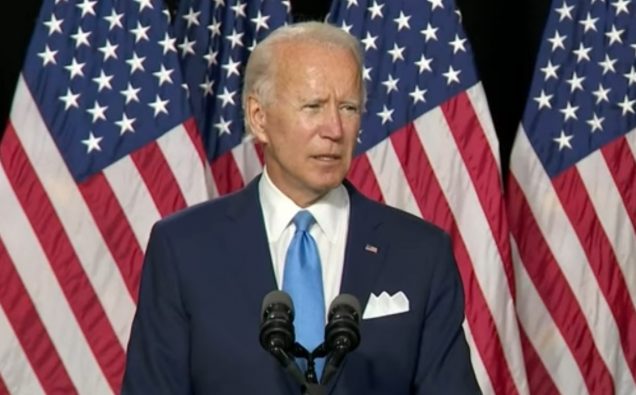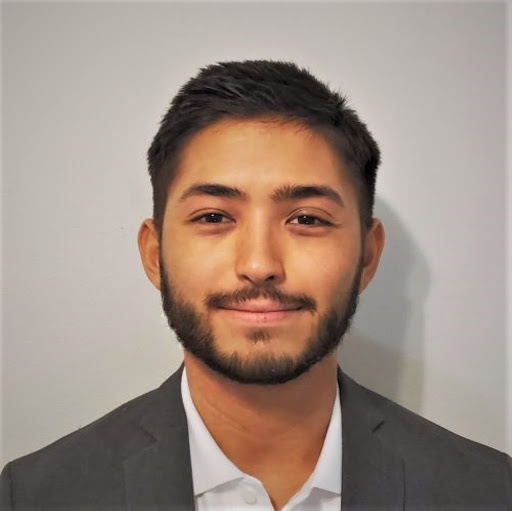
In the summer of 1971, President Richard Nixon’s National Security Advisor, Henry Kissinger feigned sickness at a dinner in Islamabad with Pakistani president Yahya Khan. With his help, Kissinger traveled in secret to Beijing to engage in talks with Premier Zhou Enlai. This maneuvering would lead to mutually beneficial relations between the US and the People’s Republic of China for decades.
Pakistan’s role in facilitating this opportunity for peace is often overlooked. However, in the current era of resurfacing Cold War rhetoric, new opportunities for dialogue should be explored in historical precedents, and Pakistan may be positioned to act as a bridge once again between the two great powers.
Ambassador Akbar Ahmed, the Ibn Khaldun Chair of Islamic Studies at American University, the former Pakistani High Commissioner to the UK and Ireland, a decorated author, anthropologist, filmmaker, and prominent advocate for peace, saw the current state of Sino-US relations as an opportunity to establish a dialogue between scholars on the question “Can Pakistan be a Bridge Between the US and China?”
On January 7th, the Institute for International and Area Studies (IIAS) at arguably China’s premier college, Tsinghua University in Beijing, hosted a virtual seminar that addressed the potential for Pakistan to serve a diplomatic role once again. Organized by the Assistant Dean of IIAS, Dr. Wang Tingyi, the event was a part of Tsinghua’s Liangxiang Forum, which references a poem about the significant cultural intersection of the Tang Dynasty. The seminar was chaired by Ambassador Ahmed, whose lecture served as the foundation for the following dialogue moderated by Dr. Louis Goodman, Dean Emeritus of American University School of International Service. This seminar was attended by distinguished guests and scholars on three continents as well as students from American and Tsinghua University.
In his lecture, Ambassador Ahmed posed the question, “Does Pakistan still have the imagination and clout to pull off this substantial role in international affairs?” Ambassador Ahmed asserted that despite noisy politics, Pakistan’s diverse and dynamic society, guided by the legacy of Muhammad Ali Jinnah, may hold solutions to the US-Sino relationship.

He contends that the world’s two largest powers should focus on finding solutions to climate change and the persistent Covid-19 pandemic rather than their current disputes. Despite this, the proximity between both countries’ military activities leads to the possibility of an incident triggering a global crisis. Ambassador Ahmed emphasized that this reality is a cause for great concern, and our governments should proceed with caution and diplomacy.
Instead, many use this opportunity to stoke the flames of war, describing the situation as a Thucydides Trap, in which military conflict is inevitable.
Ambassador Ahmed quoted from the Bible that “Blessed are the peacemakers.” He acknowledged that peacemakers and bridgebuilders often attract hostility from both sides of a conflict, “each side thinking that they belong to the other.”
However, a bridge cannot choose sides, or else it loses its purpose. In the following dialogue, some participants questioned if being a “bridge” is the responsibility or proper role for modern Pakistan. A common belief was expressed that Pakistan could aid the US-Sino dynamic by fostering a positive relationship with both nations. Pakistani Senator Mushahid Hussain Sayed, Chairman of the Pakistan-China Institute, delivered a plenary for the dialogue, mentioning how many Pakistanis feel their country is “culturally pro-American and politically pro-China.”
He discussed how the Belt and Road Initiative projects in the China-Pakistan Economic Corridor (CPEC) are some of the world’s most significant development and diplomatic initiatives in modern history. He ended by insisting that Chinese and US interests in stability and security are far more compatible than incongruent and that conflict is counterproductive to US interests.

Ambassador Touqir Hussain, former Ambassador of Pakistan and current adjunct professor at Georgetown University and Senior Visiting Research Fellow at the Institute of the South Asian Studies National University of Singapore, emphasized that Pakistan has the opportunity to serve as a role model for the world in how it handles dual relations with the US and China. Ambassador Aizaz Chaudhry, former Pakistan Foreign Secretary, Ambassador to the US, and Director-General of the Institute of Strategic Studies Islamabad expressed that Pakistan’s role may not lie as a facilitator of diplomatic relations but should focus on fostering favorable economic conditions between the two. Ambassador Chaudhry also discussed critical facets in Pakistan’s relationship with China, including India and CPEC, which he writes on his experiences handling in his memoir Diplomatic Footprints.
Distinguished faculty at American University largely agreed with the sentiments shared by the Pakistani participants. Professor Amitav Acharya, UNESCO Chair in Transnational Challenges and Governance, also stressed that Pakistan should pursue “active non-alignment,” a policy concept that Ambassador Jorge Heine makes a case for in Latin America with states similarly stuck between American and Chinese influence. Professor David Vine of American University, and author of Base Nation, echoed Ambassador Ahmed’s opinion that contemplating war between the US and China is abominable and stressed the urgent danger posed by the escalating security posturing of the United States and China.
Lord Stephen Green, Baron Green of Hurstpierpoint and former UK Minister, echoed that Pakistan should exercise autonomy while fostering beneficial relationships. Lord Green also shared the view that one should never short the US and that western literature underselling America’s staying power may heighten paranoia about an impending conflict.
Chinese participants like Dr. Lei Dingkun, Professor at IIAS Tsinghua University, shared a pragmatic view that while finding points of cooperation are difficult in a systemic rivalry, Pakistan should attempt to create space for de-escalation through engaging both countries in programs involving reconstruction in Afghanistan and working on transnational issues like public health and climate change. Professor Wang Xu, Deputy Director of South Asian Studies at Peking University, expressed a largely optimistic perspective on the future of the US-Sino relationship. He cited President Xi’s statement during November’s virtual communication between both Presidents that China is committed to pursuing “mutual respect, peaceful coexistence, and win-win cooperation.”
I agree with Professor Lei Dingkun of Tsinghua that the type of bridge Pakistan may fulfill cannot be static but dynamic. With the complexity of this trilateral relationship growing in December 2021, it becomes too difficult to anticipate the near future. Pakistan pulling out of the US Summit for Democracy suggests less-than-warm relations between the Biden and Khan administrations. While economic ties between Pakistan and China have certainly grown through CPEC development, mass protests occurred around Gwadar Port, Balochistan, one of CPEC’s flagship projects.
Continued discourse over the Xinjiang Uyghur Autonomous Region and the treatment of Muslim ethnic minorities persists as a focal point of tension, with Pakistan in the middle, demonstrating that navigating the waters of US and Chinese influence will continue to prove a challenge for Pakistan in 2022.
This is why the opinions of scholars on all sides of this relationship offering goodwill through dialogue are so necessary. The seminar at Tsinghua University was tremendously successful as a testament to the importance of open dialogue. Many constructive imaginings of the type of bridge that Pakistan may become were offered. Ambassador Chaudhry, expressed his thanks for having been a participant, saying it was “an excellent program, full of high-quality inputs.” As a young student of International Affairs, I am grateful to Ambassador Ahmed, whom Senator Mushahid Hussain, had called “an icon of the Muslim world,” for pursuing this dialogue and allowing students like myself to feel optimistic for a cooperative future where the US and China realize and pursue their compatible interests rather than their incongruence.
My hope is shared by Ambassador Ahmed, who affirmed that they would like to hear words of “compassion, love, and harmony in the think tanks and corridors of power,” and that foreign policy-makers should “spend more time reading Rumi and Ibn Arabi than feeding into the Thucydides Trap.” This is not idealism but a necessary perspective for any hope of a secure and prosperous future.
















